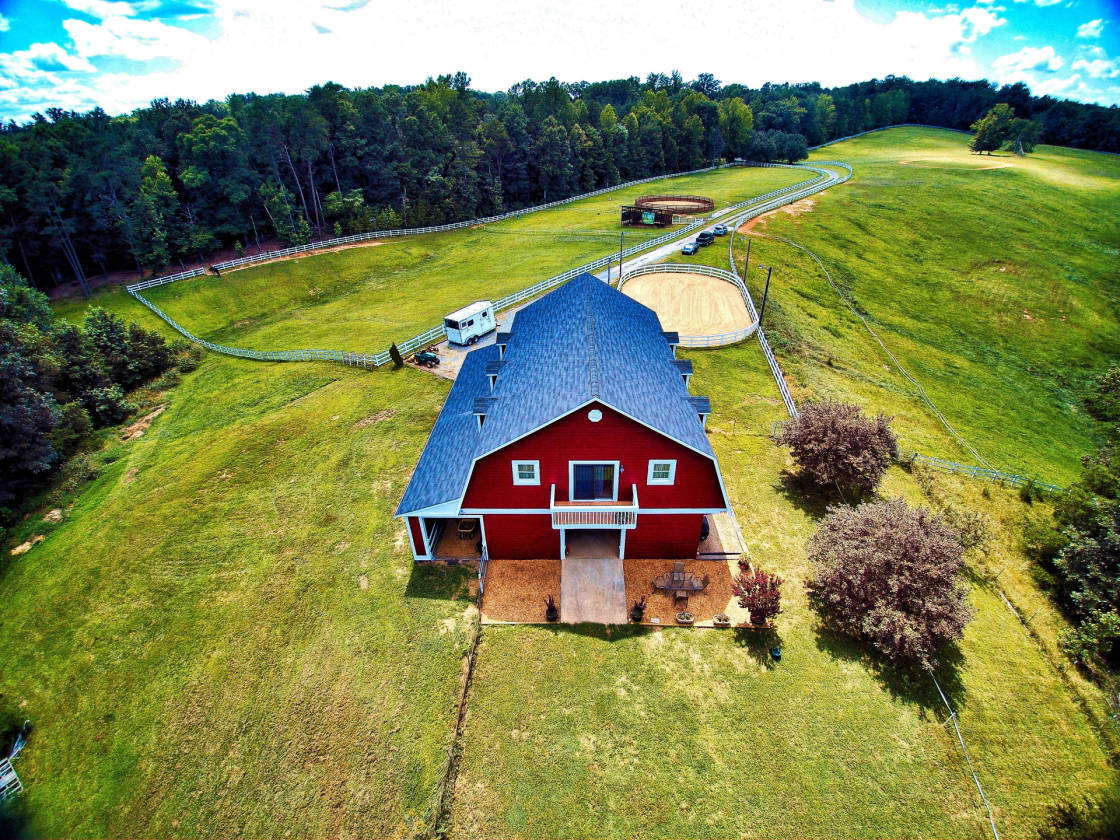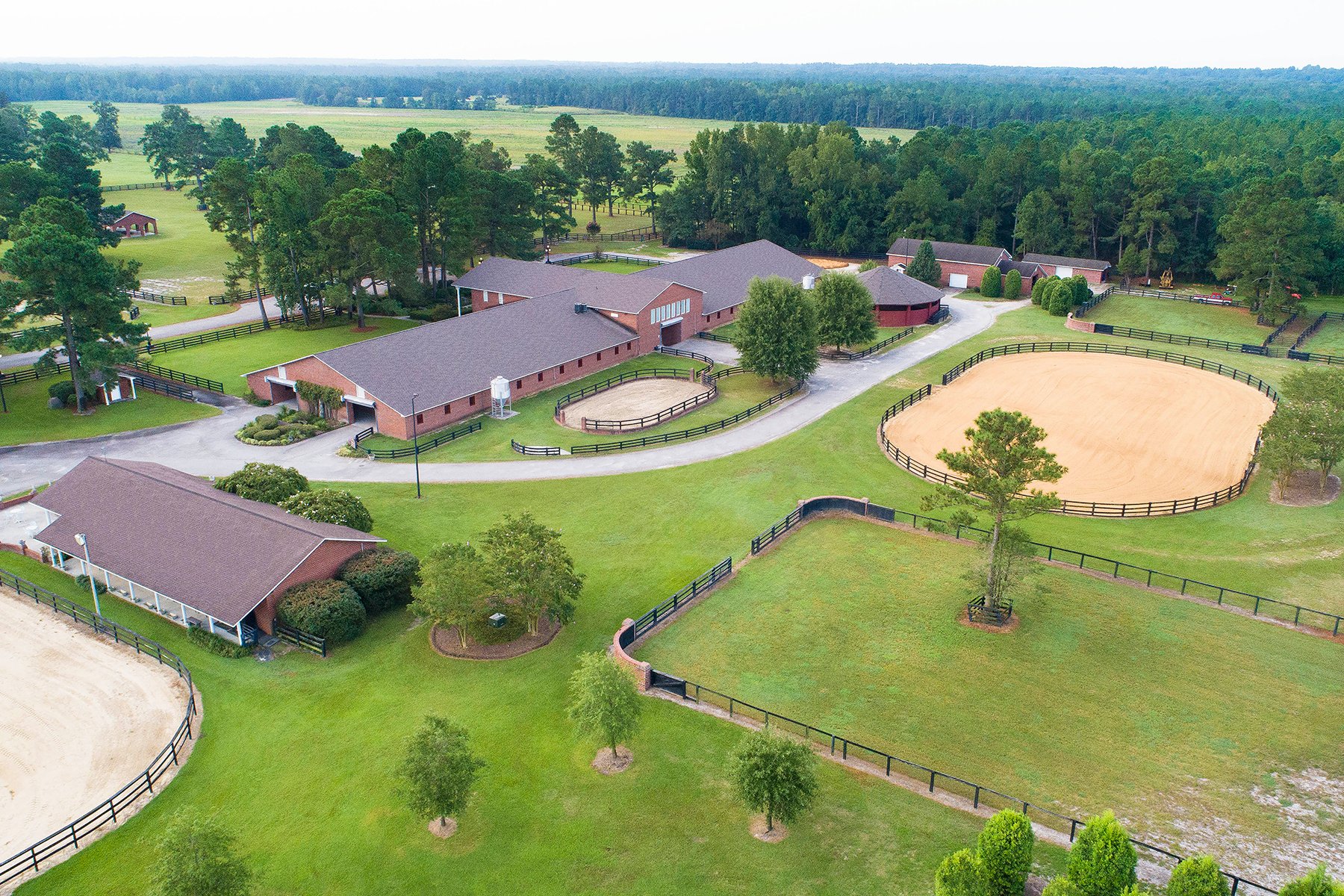Horse Ranches For Sale In North Carolina – Whether you’re the seller or the buyer, the phrase “for sale” is a reminder that everything in life is in constant motion, always moving toward something new, something different, something better. Additionally, trends in sustainability and eco-conscious living have contributed to the growth of the second-hand market, as consumers become more aware of the environmental impact of their purchasing decisions. The marketplace for second-hand items continues to grow, driven by economic, environmental, and cultural factors. A new smartphone, for example, can cost hundreds of dollars, but buying a used one can cut the price down by more than half. For many, purchasing second-hand goods is not just about saving money, but about embracing sustainability, supporting a circular economy, and contributing to a more environmentally conscious world. The idea of being “for sale” also touches on larger cultural and societal themes. Although the transaction may be challenging at times, the opportunity to buy or sell a business can open doors to new ventures, provide financial rewards, and enable entrepreneurs to pursue their goals. The rise of online platforms dedicated to the sale of second-hand goods has also played a significant role in the growing popularity of pre-owned items. For instance, when someone is job hunting, it can feel like they’re placing themselves on the market, waiting for the right offer. Millennials and Gen Z, in particular, have embraced the idea of second-hand shopping as a way to challenge consumerism, reduce waste, and express their individuality. For example, an old wooden chair might be sanded down and refinished into a modern piece of furniture, or a vintage dress might be altered to fit a contemporary style. These platforms allow users to browse listings, communicate with sellers, and make purchases from the comfort of their own homes. Whether it’s an item, a service, or even a person, the act of being “for sale” represents a moment of transition, a shift from one stage of life to another. For the buyer, acquiring such a piece may carry with it the honor of preserving a legacy, or the satisfaction of adding a unique, timeless item to their own collection. Some need the money, some want to declutter, and others might feel the urge to let go of possessions as they enter new phases in their lives. One of the primary reasons people turn to second-hand goods for sale is financial. The “for sale” sign becomes a marker in time, a decision that has been made, signaling that it’s time to move on. This pride comes not just from the product itself, but from knowing that you are supporting a tradition of craftsmanship and care. The democratization of commerce has opened up opportunities for millions of people, giving them the chance to pursue their dreams and create their own paths to success. On the other hand, buyers may seek to negotiate lower terms based on the findings from their due diligence or their assessment of the business’s future potential.

Horse Farms For Sale in NC, Horse Property For Sale in North Carolina
Homes on acreagehorse propertiesequestrian estateshorse farms

Horse Properties, Farms, Ranches and Equestrian Estates for Sale
Homes on acreagehorse propertiesequestrian estateshorse farms

Horse Ranch for sale in Wake County in North Carolina. Outstanding
Homes on acreagehorse propertiesequestrian estateshorse farms

Horse Property For Sale in Spartanburg County, South Carolina, This 4
Homes on acreagehorse propertiesequestrian estateshorse farms

Equestrian Estate For Sale in York County , South Carolina, Just south
Homes on acreagehorse propertiesequestrian estateshorse farms

Horse Properties For Sale In North Carolina Estates, Ranches, Farms
Homes on acreagehorse propertiesequestrian estateshorse farms

Horse Properties For Sale In North Carolina Estates, Ranches, Farms
Homes on acreagehorse propertiesequestrian estateshorse farms

Horse Properties For Sale In North Carolina Estates, Ranches, Farms
Homes on acreagehorse propertiesequestrian estateshorse farms

Horse Ranch For Sale Sharon, York County, South Carolina
Homes on acreagehorse propertiesequestrian estateshorse farms

World Renowned Butler Farm In Elizabethtown, North Carolina, United
Homes on acreagehorse propertiesequestrian estateshorse farms
The global marketplace, with its constant buying and selling, influences everything from politics to the environment, creating ripple effects that are felt far beyond the immediate transaction. Unlike mass-produced items that may become outdated or fall apart with minimal use, quality products are designed to endure. Some need the money, some want to declutter, and others might feel the urge to let go of possessions as they enter new phases in their lives. We are all participants in a vast, interconnected economy, one that doesn’t just involve physical goods but extends to ideas, relationships, and even identities. Both buyers and sellers should approach transactions with honesty and transparency to ensure a smooth exchange. The same logic applies to tools, kitchen appliances, furniture, and even technology. The materials used, whether it’s hardwood, durable fabrics, or premium upholstery, are chosen for their longevity and aesthetic appeal. As society has evolved, the scale of production has expanded, and many quality goods are now mass-produced or distributed through large retail chains. A home, a car, a piece of jewelry, a moment in time, a relationship — all of these things, at some point, become commodities. The promise of success in a marketplace driven by capitalism can be an illusion for those who don’t have the resources or opportunities to compete on equal footing. Websites and apps like eBay, Craigslist, Facebook Marketplace, and Poshmark have made it easier than ever to find second-hand goods for sale, offering a wider selection and more convenience than traditional brick-and-mortar stores. The notion suggests a world where anything and everything, regardless of its intrinsic value, can be bought, sold, or traded. One of the most popular categories of second-hand goods for sale is clothing. People are increasingly looking for quality over quantity, preferring items that are durable, timeless, and well-made. This can be particularly advantageous for entrepreneurs who might have experience in business operations but lack the time or resources to build a new venture from the ground up. For many, owning a quality product means owning a piece of history, a connection to something larger than themselves. While many artists and creators are forced to sell their work in order to make a living, there is still a sense of purity in the act of creation. In a circular economy, items are kept in use for as long as possible, reducing the need for new resources and minimizing environmental harm. The adage “you get what you pay for” rings especially true in the realm of quality goods. The rise of minimalist living, which emphasizes owning fewer, more meaningful possessions, has played a role in this shift.
Sellers can list items with detailed descriptions and high-quality photos, giving potential buyers a clear understanding of what they are purchasing. Similarly, during periods of economic growth, there may be a greater willingness to spend on luxury second-hand items, such as high-end fashion or collectible items. In conclusion, second-hand goods for sale represent more than just a financial transaction; they embody a shift toward sustainability, individuality, and social responsibility. For those considering buying a business, the appeal often lies in the opportunity to take over an existing operation and build upon its foundation. What will come next? What new opportunities will arise from this decision? When an item is placed “for sale,” it’s not just the object that’s changing hands; it’s often a reflection of the personal changes happening within the seller. In the end, the real challenge is to navigate this world — to understand the forces of commerce that shape our lives, while holding onto those things that remain beyond the reach of money. Every click, every like, every follow, is part of an ongoing transaction. The market for second-hand goods is also influenced by societal trends and economic conditions. Whether it's old furniture that no longer fits with their style, clothing that no longer fits, or electronics they no longer use, selling second-hand items allows individuals to recoup some of the money they spent on these goods. For instance, businesses in industries such as technology, renewable energy, or e-commerce may attract more buyers due to their perceived growth potential. While the online second-hand market has flourished, traditional thrift stores and second-hand shops continue to play an important role in the buying and selling of pre-owned goods. For environmentally conscious consumers, buying second-hand is not just a cost-effective choice, but a way to make a positive contribution to the planet. Quality goods transcend trends and fleeting fads. It can be a metaphor for much deeper exchanges in life. The resale of pre-owned clothing has become a booming industry in recent years, with second-hand stores and online marketplaces thriving as more consumers opt for affordable, sustainable alternatives to fast fashion. Influencers sell their attention, their opinions, their lives — all of it has become a form of commerce. After the sale is complete, the buyer assumes responsibility for the business and takes control of its day-to-day operations. It’s a constant negotiation, where both parties seek to align their perceptions of worth and reach an agreement that satisfies both sides. Perhaps the most troubling aspect of the idea that everything is for sale is how it can shape the way we view the world and each other. A blacksmith might craft a sword, a tailor might stitch a suit, and a potter might mold a vase.